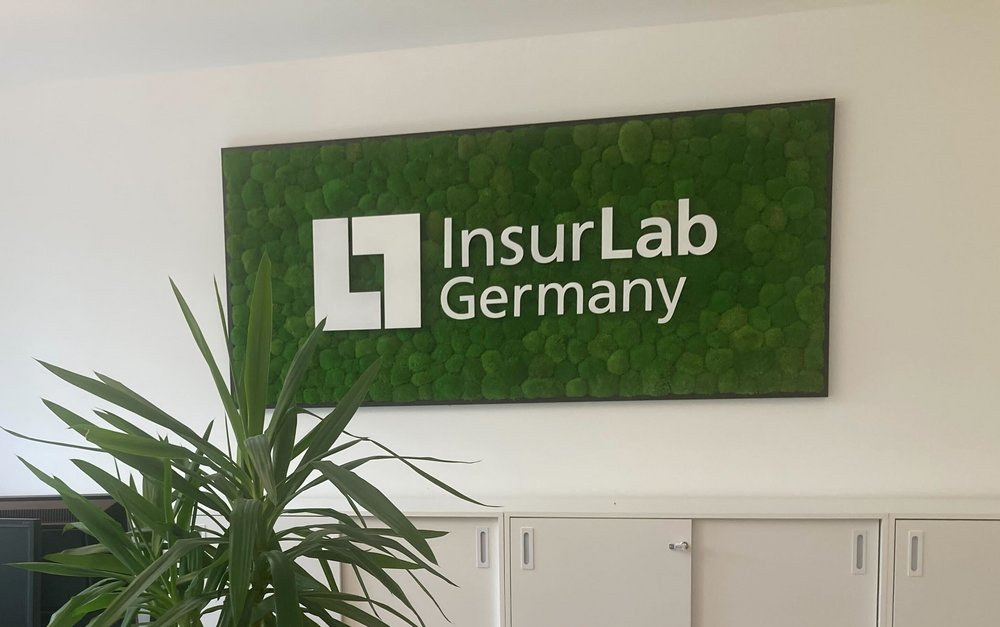Spread across Germany, the 12 Digital Hubs form an economic ecosystem and give innovators a home. If you had to sum up the work of the hubs in one word, it would be: networking. Between startups and SMEs in the region, between founders and investors, between business, politics and science. Depending on the industry, this networking takes the form of matchmaking, co-working, networking events and programs.
However, the work of digital hubs encompasses much more. In many regions, they are the starting point for successful startups. They support young startups and companies with coaching, workshops, individual consulting services and - in very practical terms - with co-working spaces or technical resources. In addition, the hubs provide important assistance in the search for suitable financing opportunities. In short, anyone with an innovative business idea can learn how to implement it successfully with the help of the digital hubs.
For Anna Kessler, Hub Manager at InsurLab Germany, successful networking is part of her daily business. For years, her hub has been making a decisive contribution to the digitization of a previously rather traditional sector - the insurance industry. Cologne has long been one of the most important locations in this industry. In the Hub, founders from the InsurTech sector meet traditional insurance companies. They not only work on expanding classic products, but also rethink the topic of insurance. What makes the Hub so successful? We spoke to Anna Kessler about this.



